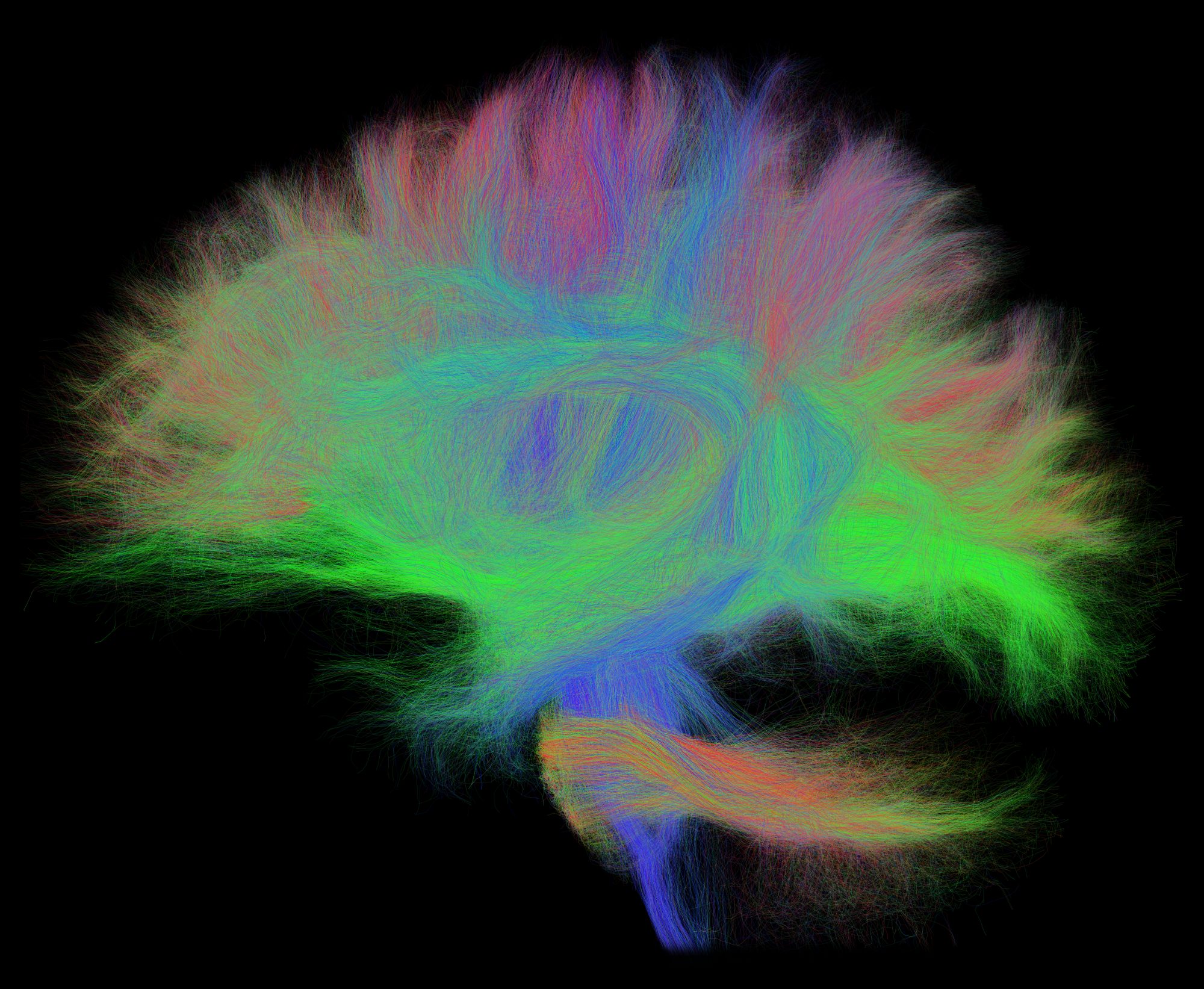Experiences of racial discrimination increase the risk of physical and mental illnesses and health disorders for people of colour
Traumatic experiences, such as racial discrimination and racism, increase vulnerability to physical and mental illness and remains the topic of intense research.
Research has demonstrated that the experience of racial discrimination can affect the microstructure of the brain, putting people at a higher risk of developing illnesses and health disorders.
Why do Black women suffer from diseases at a higher rate than white women?
Researchers recruited 79 Black women as participants for the study from a county hospital in Atlanta, Georgia. Over 50% of the women reported severe economic disadvantage, with a household income under $1,000 per month, for which the researchers controlled in their analysis.
The women were clinically assessed for trauma and for medical disorders ranging from asthma to diabetes to chronic pain.
The participants underwent a brain scan using magnetic resonance imaging (MRI), where researchers measured the brain’s fractional anisotropy (FA), a reflection of water movement through brain white matter – specifically the long, fatty tracts that connect distant regions of the brain.
Changes in FA can result from structural disruptions of white matter tracts, which can indicate physical signs of stress and sadness.

Overall, for the study, it was found that women who experienced more racial discrimination displayed lower FA in select brain tracts including the anterior cingulum bundle and the corpus callosum, which connects the two hemispheres of the brain.
The structural integrity of these two specific tracts demonstrated a strong relationship between racial discrimination and medical disorders in these women.
Negar Fani, PhD, Emory University Department of Psychiatry and Behavioral Sciences, said: “Here we see a pathway through which racist experiences may increase risk for health problems via effects on select stress-sensitive brain pathways.
“Earlier, we found that racial discrimination has a negative impact on brain white matter; now we can see that these changes may enhance risk for negative health outcomes, possibly by influencing regulatory behaviors. That points to a possible brain mechanism for adverse health outcomes.”
The burden of trauma may affect brain matter integrity through the stress system
Generally, the burden of trauma and racial discrimination may affect brain matter integrity through the stress system.
The affected tracts are involved in emotional regulation and cognitive processes, which can lead to behavioural changes, such as increased consumption of drugs or foods, that increase risk for health conditions such as obesity, depression and more.
Cameron Carter, MD, Editor of Biological Psychiatry: Cognitive Neuroscience and Neuroimaging, said: “These findings provide important new evidence that changes in the brain measured using MRI may occur, in association with a range of ongoing chronic health problems, in the wake of ongoing experiences of racial discrimination in Black women.
“Such insights may contribute to our understanding of the origins of health disparities in minoritized communities and the negative impact that racial discrimination may have on human health.”











